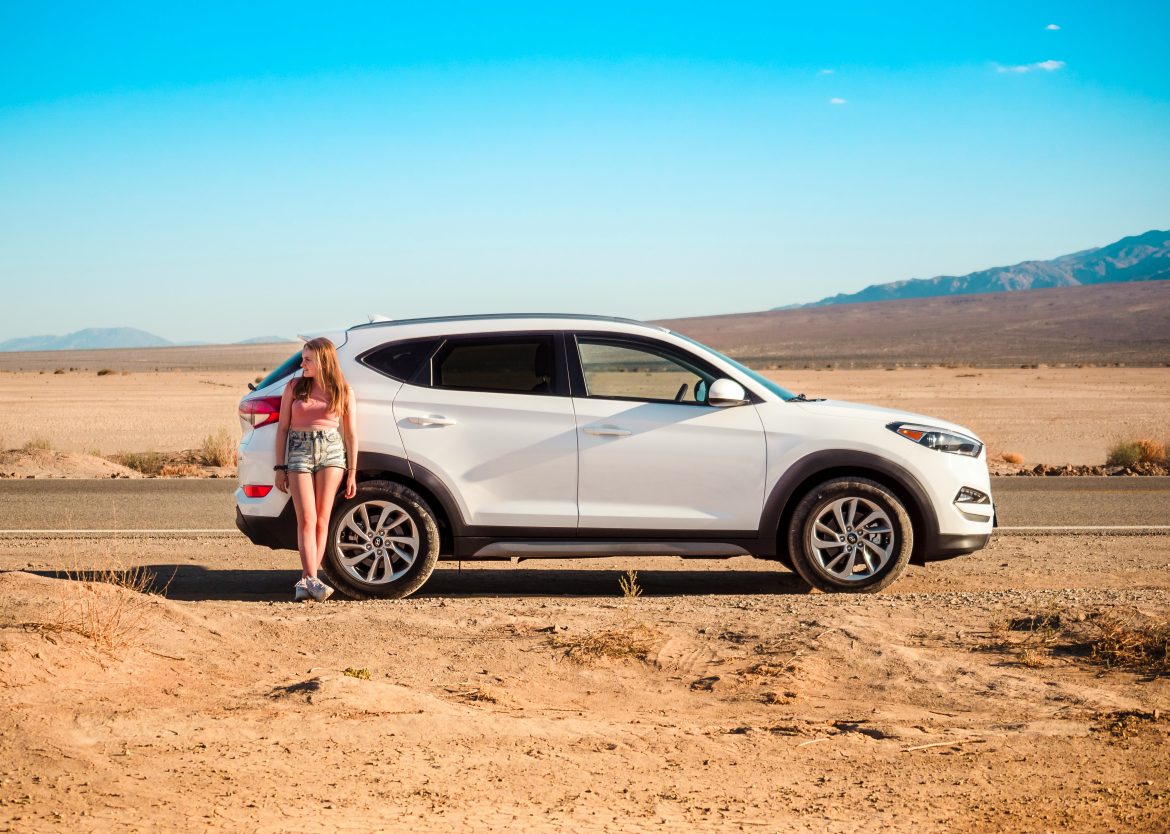The festive season is a time of joy and celebration. Unfortunately, it is also a time of increased road risks. Each year, the period between mid-December and early January sees a significant spike in traffic accidents, making road safety a critical concern for travellers.
ALSO SEE: Tips for navigating the holidays on a budget
If you’re hitting the road this festive season, here’s what you should know:
Peak travel times to avoid
Peak travel times can be particularly dangerous. Long weekends and public holidays around Christmas and New Year become congestion nightmares, with everyone simultaneously trying to reach their destinations.
The N1, N2, and N3 highways transform into rivers of vehicles, with traffic peaking between 3 PM and 9 PM on Fridays and early morning to midday on weekends during the December-January period.
Don’t drive at night
Night driving presents additional challenges on our roads. Poor lighting and potential security risks make early morning or daytime travel significantly safer. Aim to start your journey early, and maintain awareness of your surroundings. Keep your vehicle doors locked.
Make defensive driving your mission
Defensive driving becomes paramount during the festive season. Maintaining a safe following distance, being cautious of overloaded vehicles and trucks, and watching carefully for pedestrians can dramatically reduce accident risks.
Consider the weather
Weather conditions can impact travel safety. Areas like KwaZulu-Natal are particularly prone to flooding, and travellers should stay informed about local weather advisories. Stay off the roads in extreme conditions.
Prep your car for the road
Vehicle preparation is crucial for safe holiday travel. Drivers should have their cars thoroughly checked before long journeys, ensuring tyres, brakes, and oil levels are in perfect condition. Planning your route using GPS or mapping apps can help you avoid known trouble spots and roadworks, potentially saving hours of frustration and reducing accident risks.
Have an emergency kit ready
Emergency preparedness can make a significant difference. Keeping an emergency kit with water, basic first aid supplies, and essential documentation can give you some peace of mind. Ensure your vehicle’s documentation and driver’s license are current, and keep emergency contact numbers readily accessible.
ALSO SEE:
Heading out in bad weather? Here are safety tips for driving in the rain
Feature Image: Unsplash

